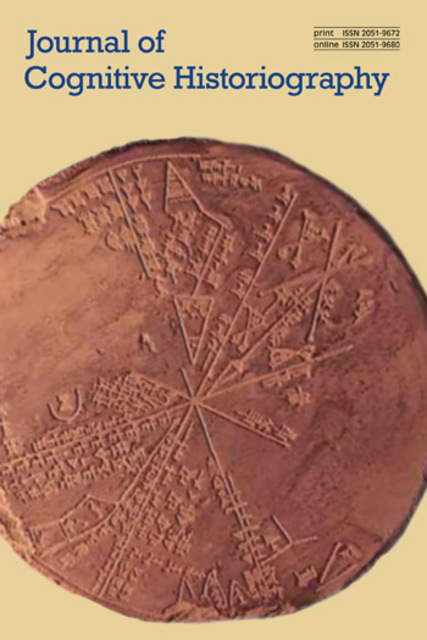Memory and Early Monastic Literary Practices: A Cognitive Perspective

Full description
This article argues that certain important aspects of the institutionalized literary practices of early cenobitic monasticism and the rhetorics related to them may be significantly illuminated by insights from the cognitive study of the human mind and its relationship with the world. Using examples from our sources of early cenobitic monasticism in Egypt, specifically writings from the Pachomian federation and Shenoute of Atripe, this article suggests ways in which cognitive perspectives on memory and literature may shed light on the practices of reading, memorizing, and interpreting authoritative texts, and the corresponding need to control such practices, in the early monastic communities. In doing so, this article argues for the importance of keeping both individual and collective processes of memory in mind if we want to understand the influence of the mechanics of human memory systems on the ideas and practices of the early monastic communities, and suggests ways in which such perspectives may be combined.
- typeImage
- created on
- file formatjpeg
- file size76 KB
- container titleJournal of Cognitive Historiography
- creatorHugo Lundhaug
- issnISSN 2051-9680 (online)
- issue1.1
- publisherEquinox Publishing Ltd.
- publisher placeSheffield, United Kingdom
- doi
We use cookies to analyze our traffic. Please decide if you are willing to accept cookies from our website. You can change this setting anytime in Privacy Settings.
